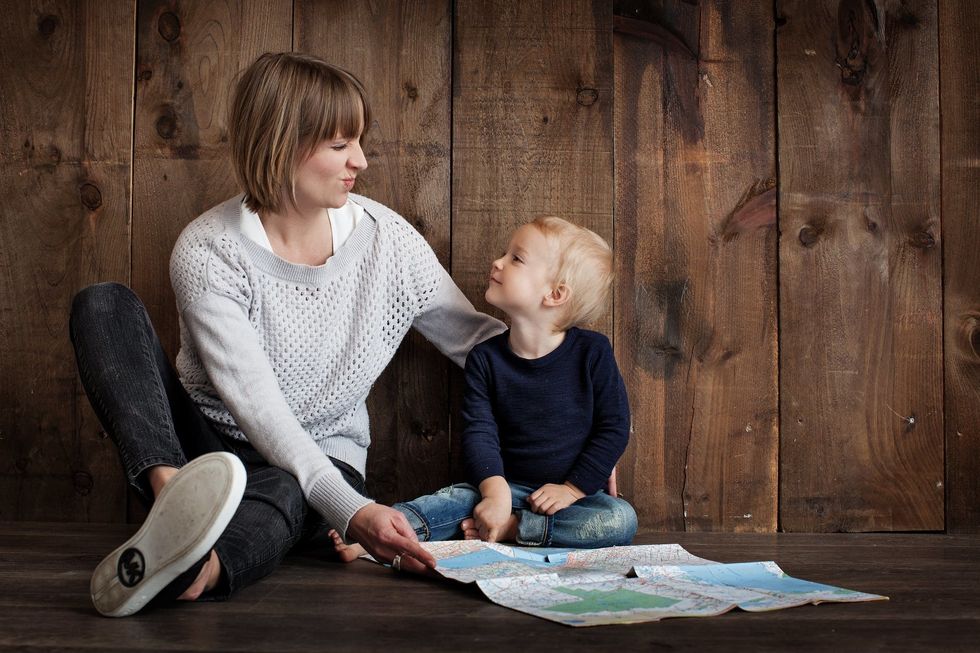As Americans, we have freedoms that most countries don't. But something that needs to be more regulated is parenthood. Anyone can have a baby, but not everyone is capable of raising a child.
With the population increasing, there are more and more people willing to take the risk of bringing a child into this world. No child can control whether or not they have good parents, but every child deserves a proper household upbringing. There needs to be a way to protect children from their parents, especially when they are not capable of protecting themselves.
Many parents, despite their methods, will insist that as long as they love their child, the best hands are their own when taking care of a child. Love is the key to solving problems, but that love can be misguided when parenting isn't a vehicle for that love.
Loving your spouse or your mom is a lot different than loving your child. Children have different needs that can only be addressed through parenting. Being a parent needs to be taken seriously, and without oversight, the children will suffer.
Seventeen states require parenting education for divorced parents, but most states only require parenting education for couples under the age of 18.
What about everyone else? Does being over the age of 18 mean that you are automatically capable of being a good parent?
According to Pew Research Center, most babies are born to millennial mothers born anywhere between 1981 and 1996, and 82 percent of the births in 2016 were by millennial mothers. The same study reported that more mothers than ever are giving birth at the end of their childbearing years (ages 40 to 44).
Yes, teens need to learn how to be parents with all the challenges they face at such a young age — managing school and work to name a couple. But, just like with any occupation, it is important that all parents learn how to parent. Just like with driving a car, watching the example of someone doing it isn't enough for you to learn; that is why driver's education exists.
Parents of all ages should be mandated to take parenting classes.
Just raising a child based on your personality is not always best. The example your parents set for you when they raised you might have served you well, but it could have completely different ramifications for your child.
For example, the perception of corporal punishment has long been that it is the most effective way to elicit compliance from a child. However, studies show that physical punishment is no more effective than scolding or taking away privileges.
A parenting class would allow parents to learn which parenting style best suits their child. A University of Washington study reported that "parents can halve their child's tendency toward depression or anxiety by using a parenting style geared toward the particular personality of their child. Conversely, parents who use a style ill-suited to a child's personality can double the likelihood that they'll become depressed or anxious."
Parents should be the reason children become productive members of society, not the reason they don't.
Not only should parents enroll in a parenting education program, but they should be held accountable for completing it.
Presumably, a couple or single mother would start the program at the beginning of a pregnancy and finish it before the baby is born. If for some reason the parents are unable to pass the class before the baby is born, then the Department of Child and Family Services should take custody of the child until the parents pass the class.
For some, this argument may sound harsh. But if you can't pass a test to gain custody of your child, then how much do you really care about your child?

















